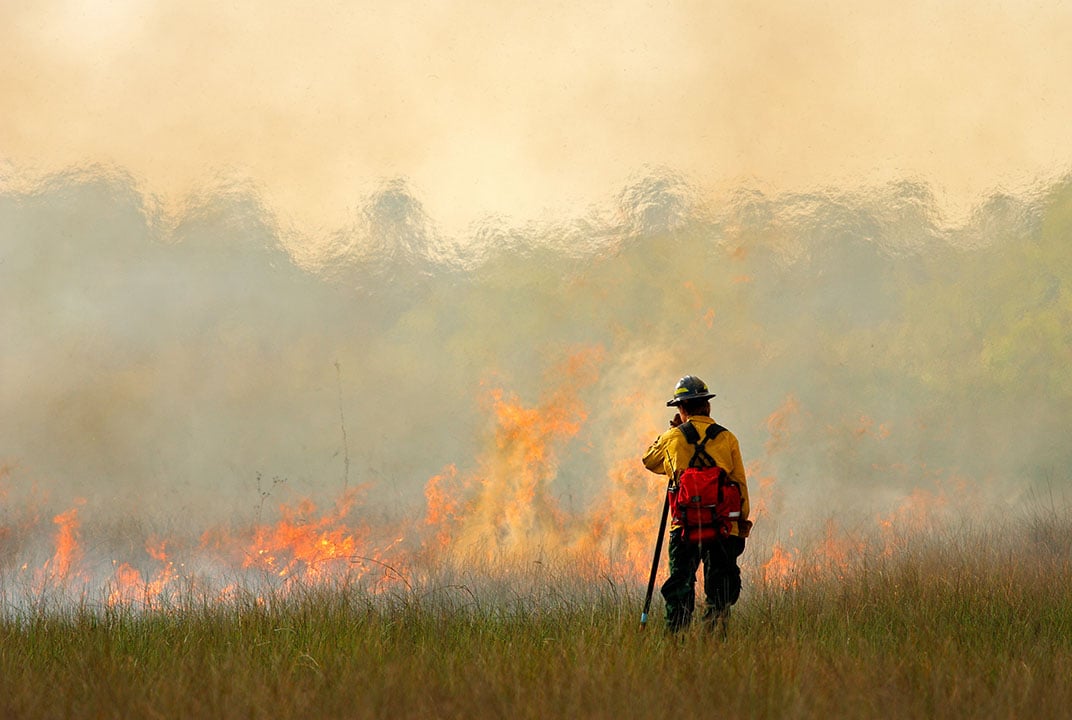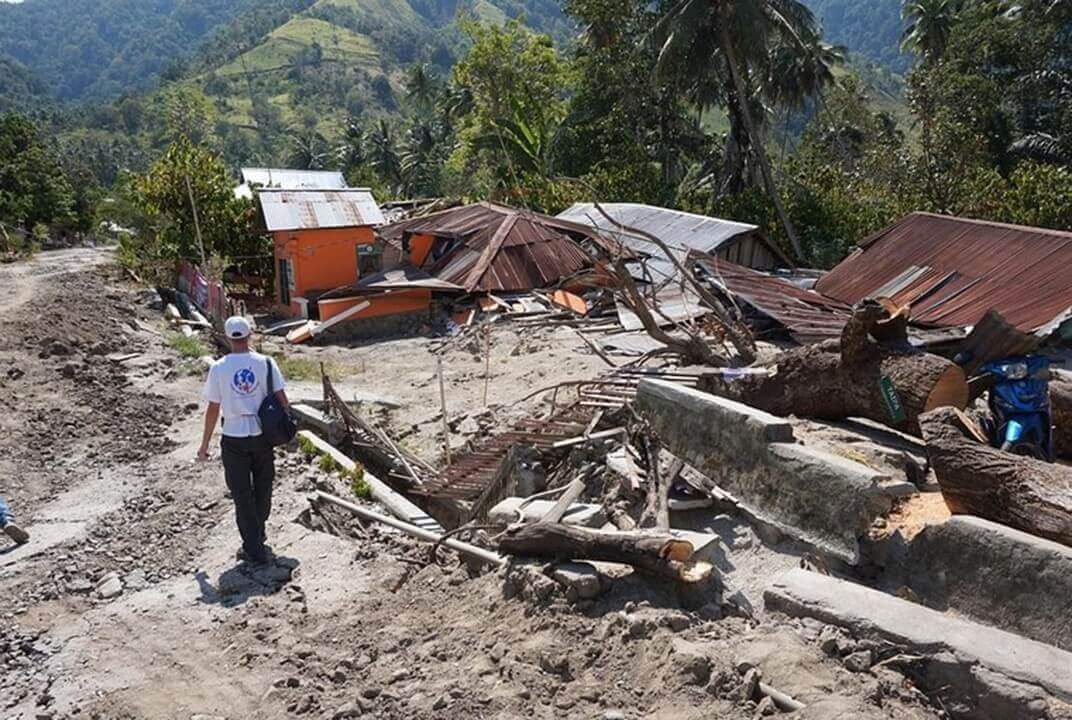Satellite connectivity supports Cyclone Idai relief effort
Satellite communication is supporting the ongoing disaster relief efforts in south eastern Africa two weeks after Cyclone Idai left a trail of destruction.
After heavy rains hit Mozambique, Malawi and Zimbabwe on 14 March, the Emergency Telecommunications Cluster (ETC) – a global network of humanitarian, private sector and government organisations – activated the United Nations Connectivity Charter. Under the charter, satellite operators including Inmarsat guarantee access to vital communications support in the event of disasters.
Inmarsat partner IEC Telecom has deployed BGAN broadband satellite terminals and IsatPhone 2 satellite phones in the region to help in the coordination of humanitarian relief efforts.
Coordinating response
Inmarsat-sponsored Télécoms Sans Frontières (TSF) is also on the ground in the badly affected coastal region around Beira in Mozambique, where the telecommunications infrastructure was destroyed by winds of up to 200 km/h (124mph).
The emergency telecoms agency team installed a Global Xpress (GX) terminal at the airport 48 hours after the tropical storm hit, giving humanitarian aid agencies a vital high-speed satellite internet connection to coordinate activities. Within two days, the number of users doubled from 350 to 796 and the amount of data exchanged tripled from 41GB to over 118GB. As a result, TSF has installed a second GX terminal at the coordination centre.
In addition, TSF has set up humanitarian calling operations for victims of the cyclone, allowing them to contact loved ones and ask for help. Despite the local mobile networks being restored, they remain highly unstable. The lack of electricity and the difficulty in buying credit make it difficult for the local population to use their own mobiles.
The Disasters Emergency Committee, which is coordinating UK charities’ Cyclone Idai appeal, estimates that 2.5 million people across the affected region are in need of help. Flooding remains severe and the full scale of the disaster has yet to become clear as search and rescue operations continue into areas that remain inaccessible other than by air. With little clean water available, cholera cases have been reported and there is a high risk of outbreaks of other waterborne diseases.
For more information contact [email protected].

